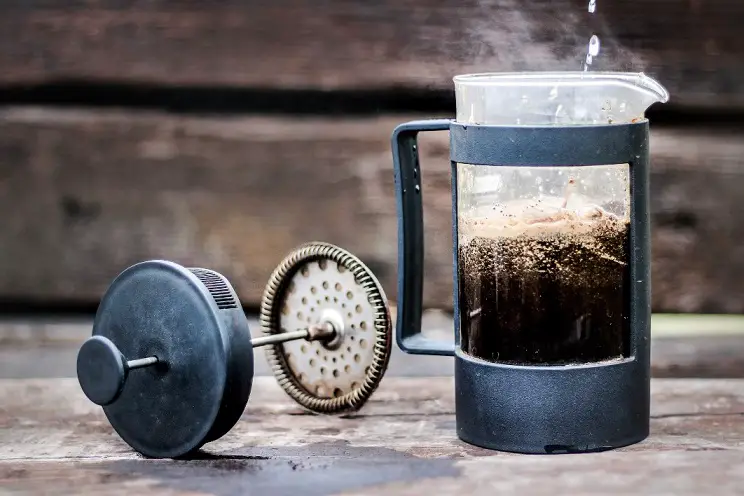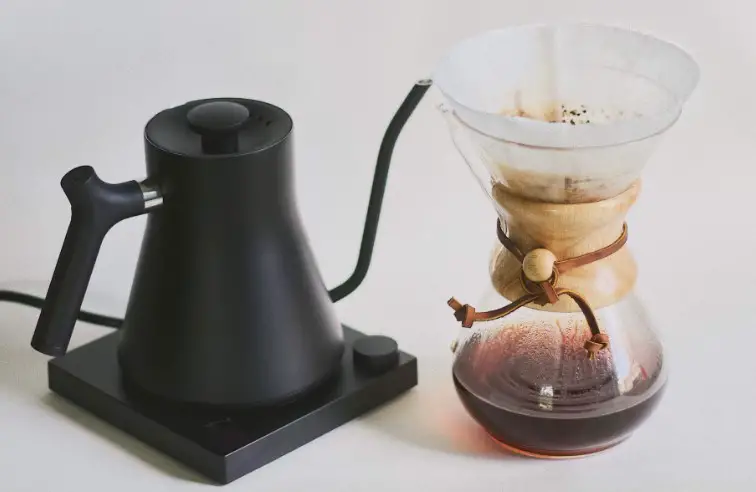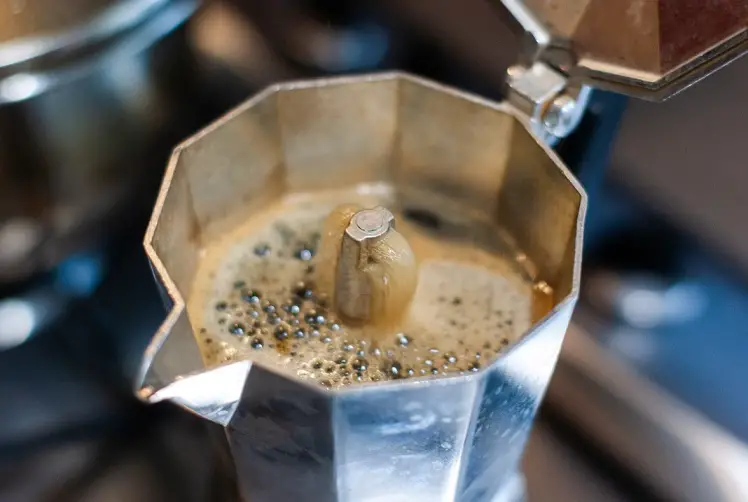I first discovered French Press Coffee during my travels in Europe. While staying at an Airbnb in Paris, our hostess brewed us coffee using a French press. It was a delightful new experience for me. But when I got back to Singapore and purchased one for myself, the brew was uninspiring, lacking the rich aroma I remembered from Paris.
Driven by curiosity, I delved into the world of coffee to uncover why my brew lacked that special touch.
Common Causes of Weak or Watery French Press Coffee
1. The Coffee-to-Water Ratio: One of the most prevalent mistakes that lead to a weak brew is an incorrect coffee-to-water ratio. If the balance is skewed with too little coffee relative to the amount of water used, the resulting brew might taste more like tinted water than the robust coffee you crave.
2. The Grind Dilemma: Conventional wisdom often cites a coarse grind as ideal for French press brewing. However, there’s a thin line between just right and too coarse. If your coffee grounds resemble large boulders, they might not allow for effective flavor extraction, giving rise to a diluted brew.
3. Timing Matters: The brewing process is a dance of patience. Rushing this step can be detrimental. A brief brewing duration might not grant the coffee enough time to impart its rich flavors to the water. It’s all about letting the dance unfold in its time. The recommended time usually lies between 4 to 6 minutes
4. Temperature Troubles: Think of water temperature as the golden key to unlocking coffee’s treasures. The optimal range lies between 195-205°F (90-96°C). If your water temperature doesn’t hit this sweet spot, it might fail to coax out the coffee’s full spectrum of flavors.
5. Ageing Beans and Flavor: All beans aren’t created equal, especially as they age. Over time, coffee beans lose their vitality. Stale or older beans might not have the same zest and vigor, leading to a brew that’s missing its signature spark.
6. The Art of Agitation: Even extraction is a cornerstone of a perfect brew. This is where agitation steps in. By stirring or ‘blooming’ the coffee grounds before their steeping journey, you ensure that each particle gets an equal opportunity to shine.
Additional Tips for a Robust French Press Coffee
Grinder Quality: The Backbone of a Good Brew
One cannot emphasize enough how essential a consistent grind is for brewing the perfect cup of coffee. Experienced coffee enthusiasts often advise investing in a premium-quality grinder, as this small decision can significantly enhance the final taste. While most experts advocate for a coarse grind, particularly for French press coffee, the uniformity of the grind is paramount. Why? Because it deeply influences the extraction process. Premium brands, such as Aergrind, Feld2, and Baratza Virtuoso, have garnered acclaim and are favored by many.
Water Quality: More Than Just H2O
Water isn’t just a solvent; it’s a crucial determinant of your coffee’s flavor. A consistent observation among coffee connoisseurs is the dramatic difference in taste when brewed with filtered or reverse osmosis (RO) water as opposed to regular tap water. RO water, in particular, eliminates contaminants, ensuring that only the pure taste of the coffee shines through.
Water Temperature: Precision is Key
Water temperature isn’t just a minute detail; it’s a game-changer. The optimal brewing temperature hovers just below 200°F. To achieve this level of precision, consider purchasing an electric kettle equipped with a temperature control feature. However, if that’s out of your budget, a simple cooking thermometer will serve the purpose.
Bean Freshness: Age Matters
Like fine wine, the age of your coffee beans plays a significant role in determining the flavor. For optimal taste, it’s vital to utilize beans that have sufficiently degassed post-roasting but aren’t past their prime. Striking this balance ensures your coffee retains its intended aromatic and flavor notes.
The Art of Steeping: To Wait or Not to Wait?
The standard steeping time is 4 minutes, but who’s to say that’s set in stone? Several coffee aficionados recommend tweaking the steeping duration. Some adventurous souls even champion letting the coffee steep overnight in the fridge, leading to a robust, full-bodied brew.
Brewing Methods: A Personal Journey
Every coffee brewing method offers a unique experience. While pour-over methods ensure the coffee grounds never overstay their welcome, the French press is designed for longer contact. This extended immersion can sometimes bring out the bitter notes in coffee. But, ultimately, the best method boils down to personal preference




